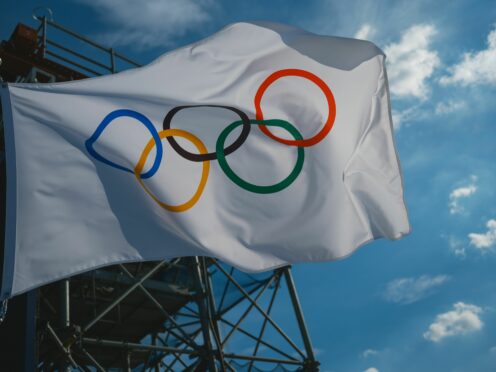
The great summer of sport with the Olympics following Euro 2020 and a host of other major events will boost the nation’s mental health by creating a sense of international unity even if our favourites lose, according to experts.
Global sporting events have the ability to unite people and generate a significant emotional boost, say psychologists. Sports also encourage people to feel part of a group creating, experts say, the feeling of belonging which is a key factor in thriving in the modern world.
The positive effects of the Tokyo Olympics coming so soon after the European Football Championship, Wimbledon, and the Open could be even more marked because of the isolation many people have experienced during the pandemic.
Scientific studies have also shown that the success – or failure – of the national team does not change the overall benefits as people are hardwired to look for the positives in the performances. But if a team does well, then it creates the chance for a phenomenon known as BIRGing, or basking in reflected glory, which can lift the mood of a nation.
Dr Chris Hartley, a sports psychologist at the University of Stirling who specialises in the “togetherness” created through sport, said: “Sport, and especially big sports events, has this unifying quality that creates a feelgood factor in people. It gives people a psychological boost. Sport gives us the opportunity to redefine our sense of self. We go from being ‘you and me’ to ‘us and we’.
“We can enjoy the successes of our group and we can also join in on the emotions they experience. The shared sense of emotions come from both the highs and the lows.”
Hartley added: “Off the back of the pandemic, whenever we have these large sporting events and we redefine ourselves in this big collective sense, it creates a sense of solidarity.
“There is quite a bit of scientific evidence to show that if we’re able to draw on our collective sense of self, if we’re able to redefine ourselves in this sense of us, then it’s very good for our mental health for a range of reasons.
“I think it’s going to do the nation a world of good from a mental health perspective.”
Scotland is fielding 42 competitors as part of the 376-strong Team GB at the Tokyo Olympics, in sports including swimming, cycling, rowing, athletics and badminton.
There will be no fans at the Games, which start on Friday, due to fears over a surge in Covid-19 cases.
But while staging events on home soil has traditionally boosted the feelgood impact in the host country, the accessibility of sport on TV and online allows people to feel they are joining in, even if they are watching on their own.
People are tribal, and increasing the scope of that tribe to be more inclusive, according to psychologists, has a positive effect on mental health because it fosters a sense of belonging.

Enjoy the convenience of having The Sunday Post delivered as a digital ePaper straight to your smartphone, tablet or computer.
Subscribe for only £5.49 a month and enjoy all the benefits of the printed paper as a digital replica.
Subscribe